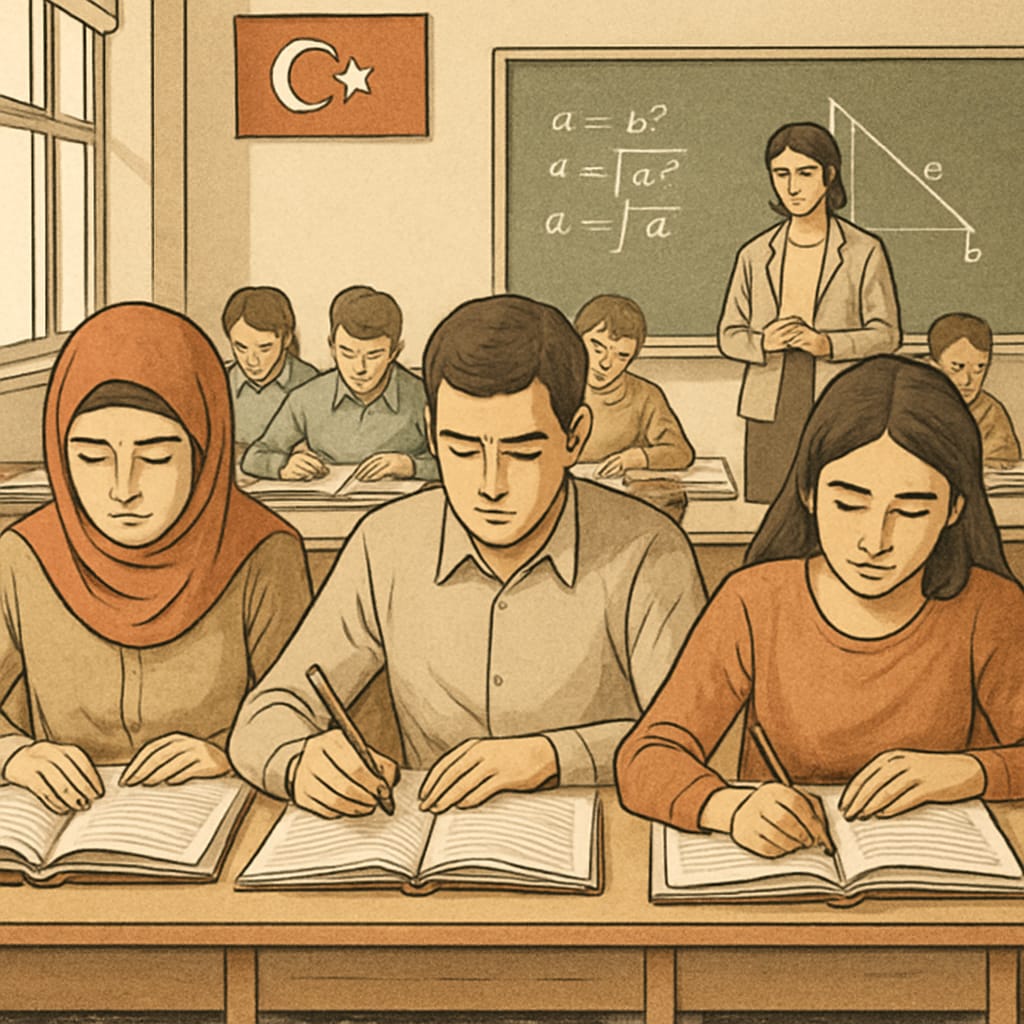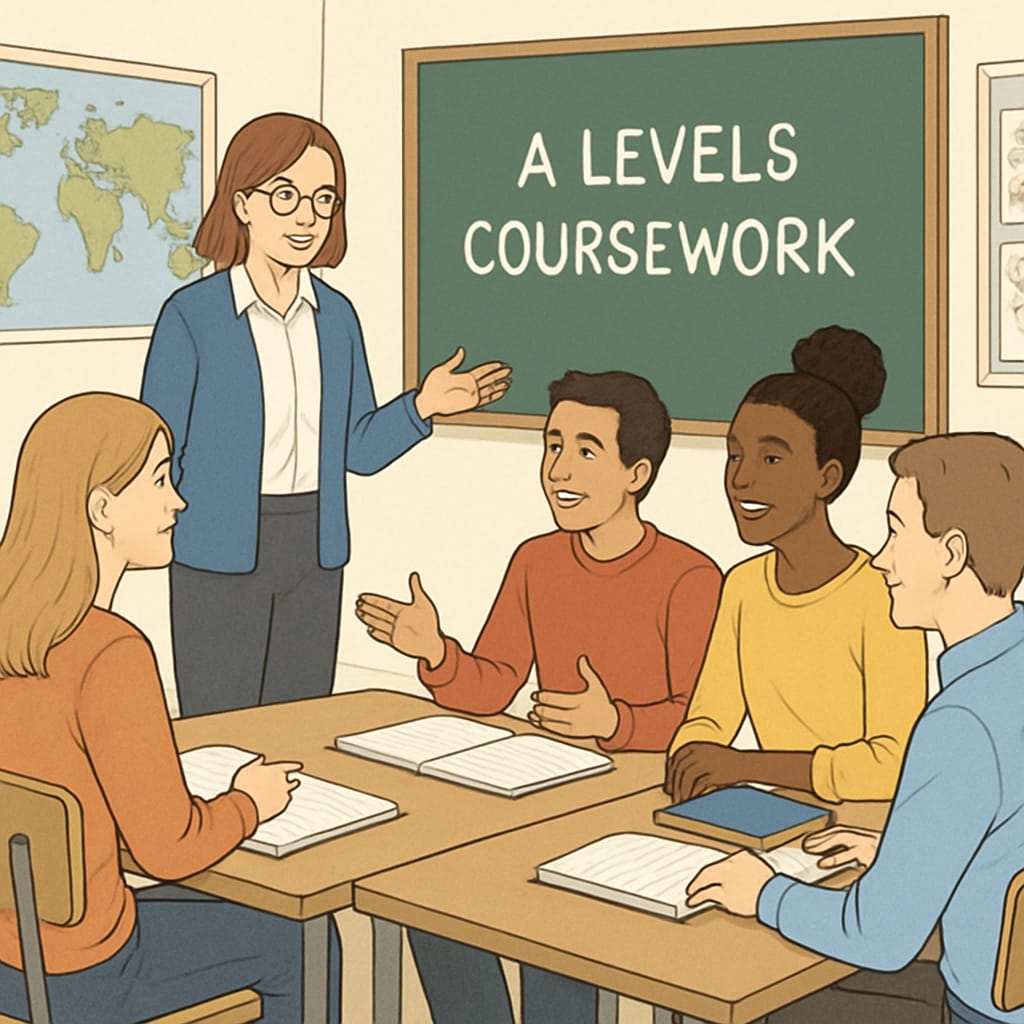The Turkish education system, particularly its centralized examination model, has long been a topic of debate. The intense exam pressure placed on students often hinders their ability to explore individual interests and develop broader skill sets. In contrast, the UK’s A Levels system offers greater flexibility and personalized academic pathways, serving as a potential model for reform in Turkey. By analyzing the core differences between these systems, this article explores how adopting key elements from the A Levels approach could transform Turkey’s education system and better unlock students’ potential.
Rigid Examination Systems: A Barrier to Holistic Development
Turkey’s education system is heavily reliant on centralized exams, such as the High School Entrance Exam (LGS) and the University Entrance Exam (YKS). These exams act as gatekeepers to academic progression, often forcing students to focus solely on test preparation at the expense of extracurricular activities, creativity, and critical thinking. This approach can lead to high levels of stress and burnout, as students feel pressured to perform exceptionally well under rigid conditions.
In contrast, the UK’s A Levels system allows students to select specific subjects that align with their interests and career aspirations. By offering flexibility in subject choices, A Levels encourage students to engage deeply with topics they are passionate about, fostering greater motivation and intellectual curiosity.

Lessons from A Levels: Flexibility and Student-Centered Learning
The A Levels model emphasizes personalized learning paths, allowing students to tailor their education to their strengths and future goals. Students typically choose three to four subjects to study in-depth over a two-year period, culminating in assessments that include coursework, practical evaluations, and written exams. This diversified evaluation system reduces the reliance on high-stakes testing and opens opportunities for students to showcase a range of skills.
Moreover, the UK’s approach supports the development of transferable skills, such as problem-solving, communication, and adaptability, which are crucial for success in higher education and the modern workplace. Turkey could benefit from integrating similar elements, offering students more agency in their academic journeys while reducing exam-related stress.

Strategic Changes for Turkey’s Education Reform
To address the limitations of its current system, Turkey could implement several strategic changes inspired by the A Levels model:
- Introduce subject-specific tracks that allow students to specialize in areas of interest.
- Replace or supplement standardized exams with diversified assessments, such as project-based evaluations and practical tasks.
- Focus on developing soft skills, such as teamwork and critical thinking, alongside academic knowledge.
- Provide teacher training programs to support the transition to more flexible teaching methodologies.
These reforms would not only alleviate exam pressure but also prepare students for the challenges of a rapidly evolving global economy.
Conclusion: Unlocking Student Potential
By learning from the UK’s A Levels model, Turkey can move toward an education system that prioritizes student development over exam performance. Flexible pathways and diversified assessments can empower students to explore their interests, reduce stress, and cultivate the skills needed to thrive in higher education and beyond. Reforming Turkey’s education system is not just a necessity but an opportunity to unlock the full potential of its future generations.
Readability guidance: This article uses concise paragraphs, clear subheadings, and lists to improve readability. Transition words are incorporated throughout to ensure smooth flow, and the focus remains on actionable insights and balanced comparisons.


